Irrigation network represents the network of permanent and temporary waterways (canals, pipelines) that supply water to irrigated lands from an irrigation source; it is the key component of the irrigation system. It consists of conducting and regulatory networks. It is equipped with the devices and facilities for water measurement (water gauges), rising of water level in canals, and control of water discharge (head regulators, checks), connection of canal reaches (check drops, chutes), retention of slit/debris (sediment tanks, guide systems), and so forth.
The conducting network in open irrigation systems includes the main canal, inter-farm, farm, and on-farm distribution canals (distributors) of different orders. The main canal delivers water from a river, reservoir, well, etc. to inter-farm distributors which deliver water to particular farms or crop-rotation sites; on-farm distributors deliver water to crop rotation fields or irrigated sites.
In some cases, conducting networks have no full set of canal structures. Irrigation canals are arranged in the layout in such a way as to ensure the following at minimum construction and operation costs: water supply in sufficient quantity and in required time; highest efficiency of canals (ratio of the water discharge at the canal end to that at the head) and use ratio of irrigated area; efficient operation of canals and structures on them. The necessary condition of irrigation network operation consists in command of the main canal (exceeding of its water level over the water level in the canals of lower orders) over the irrigated area and higher-order canals over lower-order canals to provide gravity irrigation.
As a result of the arid/hyper-arid climatic conditions, the majority of the area of the Gulf Cooperation Council Countries (GCC—Bahrain, Kuwait, Oman, Qatar, Saudi Arabia, and UAE) is beset by a lack of freshwater resources. This lack of freshwater is an obvious constraint to the development of conventional agriculture in this region. Arable land is quite limited, averaging around 4.25% of the total land area in the GCC region. At the same time, water use for irrigation and livestock represent the biggest share of total water use, Local agriculture largely depends on the use of non-renewable groundwater supplies and suffers from poor practices such as low irrigation efficiency, leakages due to poor agricultural water networks. Use of desalinized water for agriculture will not be sustainable due to the high energy costs associated with the desalination process in the GCC region. The proper irrigation networking of treated sewage water will help to increase productivity and thus it will minimize the cost involved.
Dutco Tennant is one of the major suppliers of irrigation network equipment like irrigation valves, irrigation piping system, and repair clamps etc, in the GCC region. Our products are approved by most of the government authorities of UAE, Qatar, Saudi Arabia, Kuwait, Bahrain, and Oman. We believe in long term customer relationship and customer satisfaction.
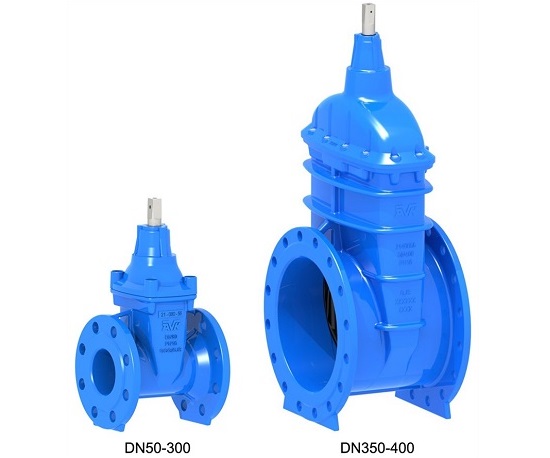
Gate Valves For Irrigation Network
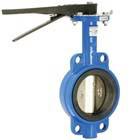
Butterfly Valves For Irrigation Network
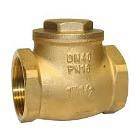
Check Valves For Irrigation Network
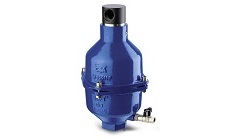
Air Release Valves For Irrigation Network
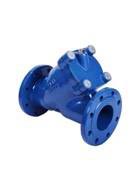
Strainers For Irrigation Network
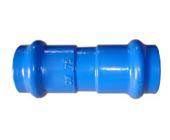
Ductile Iron Pipes and Fittings For Irrigation Network
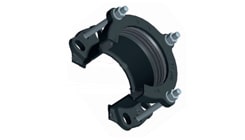
Flange Adaptors For Irrigation Network
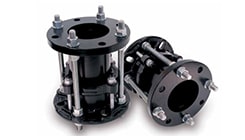
Dismantling Joints For Irrigation Network
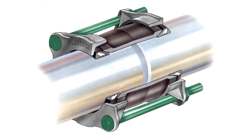
Couplings For Irrigation Network
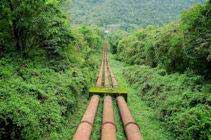
Penstock / Stoplogs For Irrigation Network
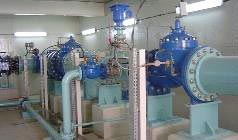
Control Valves For Irrigattion Network
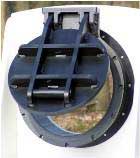
Flap Valve For Irrigation Network
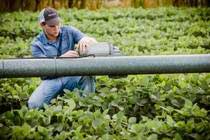
Pipeline Accessories For Irrigation Network
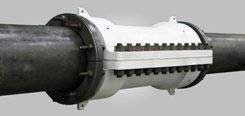
Pipe Repair Clamps For Irrigation Network
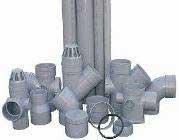
UPVC Fittings For Irrigation Network
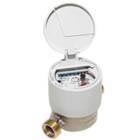
Water Meters For Irrigation Network
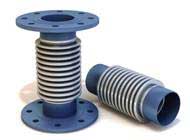
Expansion Bellows For Irrigation Network